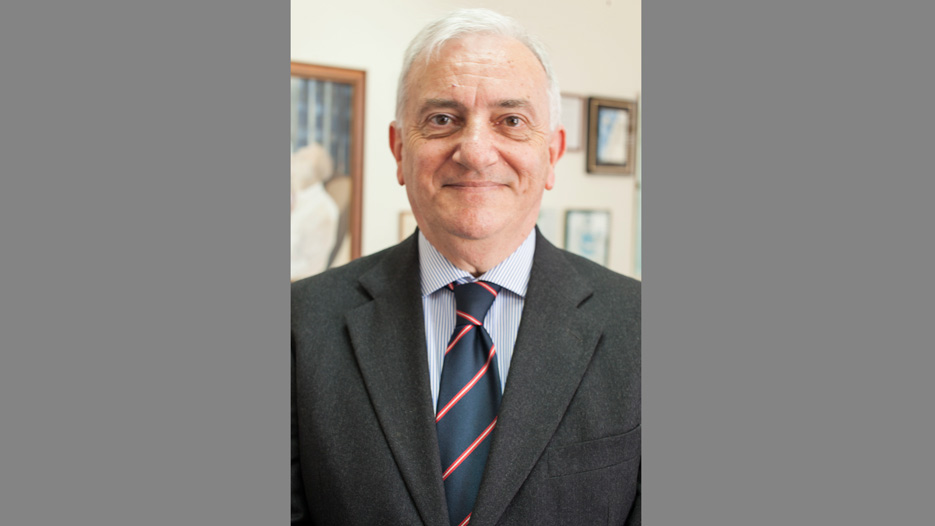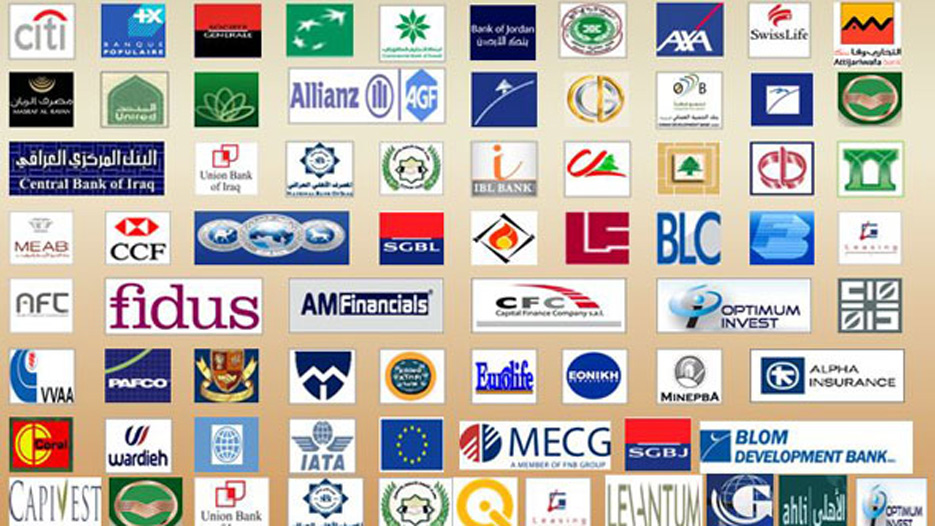BML Istisharat: leading core banking software provider is growing by 25% in 2016
Well, the growth in this first quarter was exceptionally good, around 25%, but we don’t think we will have that number over the course of the year. We estimate between 10 and 12%.
Interview with Joe Faddoul, Chairman of BML Istisharat

State again for us the contracts that you have and the new markets you want to develop?
We had several new contracts this year: Eskan Bank in Bahrain, Banque de Développement de Guinée in Guinea Conakry, and the International Bank of Somalia. We also added new modules for existing clients. Now we are targeting two very different markets: Guatemala and the UK, for very different reasons. In the UK, we used to have only one client for our banking system.
We just signed a regional bank, which after Lebanon and the Middle East will offer less costs to implement for its subsidiary in the UK, and we are finalizing an agreement with a small British bank, so we will end 2016 having three clients in the UK.
We think we can begin to build on those three clients in a more systematic way, so we contracted with a local consultant for market research, and for identifying a local partner in order to have available a local support organization in the UK.
For Guatemala, somewhat by chance we identified two or three possibilities. We have registered a small local company, and we already have two full-time people there trying to have the first one or two or three first clients.
Have you added any new technical capabilities?
Yes, we mainly have added mobility for both Androids and iPhones for our banking and insurance solutions. We are now beginning the implementation of beta-sites for both solutions.

Has your strategy changed in the last year or so?
We have tried to consolidate our traditional markets and open new markets, but this has been our strategy from the beginning.
What has been the growth in 2016 in the first quarter as opposed to previous years?
Well, the growth in this first quarter was exceptionally good, around 25%, but we don’t think we will have that number over the course of the year. We estimate between 10 and 12%.
What are the three priorities for this year?
The three priorities are to conclude or finalize a first client in Central America, to have at least one new client in the UK, and also to deploy in several banks and insurance companies our newly-developed mobility solutions.
What are the main challenges to achieving these priorities, and in general, what are the main challenges of your sector?
The challenges are the same as in preceding years: Syria, Iraq, and other Arab countries. The image of instability that result from the instability in our neighbouring countries means that when a bank in a foreign country wants to contract with us, we are suffering from the instability that is not in Lebanon but is in Syria and Iraq. We are perceived as being in an unstable region. The other challenges are the standard ones: international competition, etc.
Can you mention the new certifications and awards that you’ve received?
We‘ve received a new certification from Oracle. The new certification that we obtained from Oracle for ICBS, our banking system, is ”ICBs readiness on Oracle Exastack”. This certification is related to an improved processing time for big data.
As you may know, one of our clients in Malaysia now has 13 million customers; when we began, that company served 10 million customers. Improving the processing time is important for them. This new certification allowed us to enhance our processing time by nearly 50% so it’s an important thing for us.
What are the latest trends in core banking software and how do you respond to them?
The latest developments are all geared toward mobility: having a bank in your back pocket, your iPhone or tablet, what is called digitalization. On the other hand, there is less importance given to the branching. It is all now on the device rather than at a physical branch.
Is there anything else you’d like to mention: new developments on the market, new achievements, other factors I am not considering?
There is one thing I would like mention. There is a new factor on the market. Since the oil prices dwindled to $30 and $40 dollars, the banks in the Gulf region, which were not so cost-sensitive, are now beginning to look at the costs, and this played in our favour as our costs are better than our international competitors.